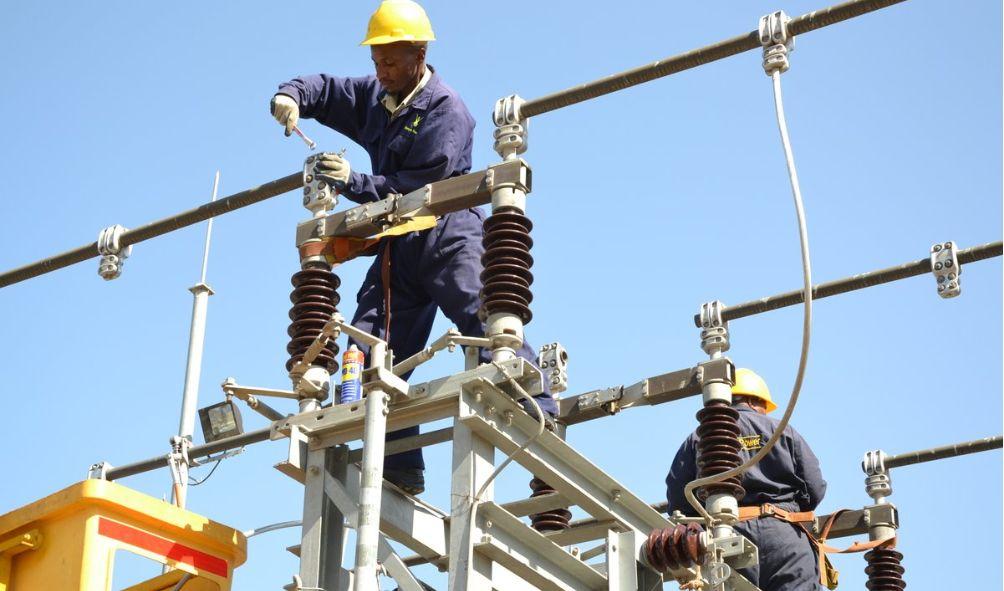Kenya Power Monopoly to End: EPRA Proposes Direct Electricity Sales by KenGen and IPPs
The Energy and Petroleum Regulatory Authority (EPRA) seeks to end KPLC’s monopoly.
EPRA is developing regulations that will permit Independent Power Producers (IPPs) to sell electricity directly to consumers.
This paves the way for Kenya Electricity Generating Company (Kengen). To compete with Kenya Power and Lighting Company (KPLC), resulting in lower energy costs.
Before implementation of the 2019 Energy Act, EPRA director general Daniel Kiptoo stated that the proposed regulations will be subject to public input.
“Wheeling regulations will soon be in effect. In the next three months, they will be released and made available for public input, Kiptoo was quoted as saying by Business Daily.
What are IPPs?
IPPs are private electricity generation investments.
They construct, own, and operate power stations, then sell the electricity in bulk to KPLC.
According to the Presidential Taskforce on Review of Power Purchase Agreements, approximately 28% of Kenya’s installed capacity is owned and operated by IPPs, while 72% is supplied by state-owned KenGen.
ALSO READ: Health CS Susan Nakhumicha Vows to Drive NHIF Reforms
The IPPs have been blamed for expensive power purchase agreements, which have resulted in increased electricity prices.
The Daily Nation reported that Kenya Power spends over 66 percent of its revenue on purchasing power.
KenGen sold electricity to KPLC at an average price of KSh 5.48 per unit, whereas IPPs paid approximately twice that amount.
IPPs cast doubt on KPLC’s operations by citing instances of electricity theft.
“We propose that the Kenya Power market be opened up to competition from independent power producers in the region.” This House has passed the Energy Act of 2019, which establishes competition, said ESAK chair George Aluru.
Sosian Energy begins supplying the national grid with electricity. Sosian Energy, a company with ties to the Moi family, was one of the IPPs awarded contracts by the state to construct geothermal power plants.
The energy project development company contributed 22 megawatts to Kenya’s national grid.
According to Billionaires Africa, KANU chairman Gideon Moi repurchased a majority stake in Sosian Menengai Geothermal Power from billionaire businessman Narendra Raval’s Devki Group.
Kenya Power Monopoly to End: EPRA Proposes Direct Electricity Sales by KenGen and IPPs
HEY READER. PLEASE SUPPORT THIS SITE BY CLICKING ADS. DON’T FORGET TO HIT THE NOTIFICATION BELL FOR MORE UPDATES AROUND THE GLOBE.
